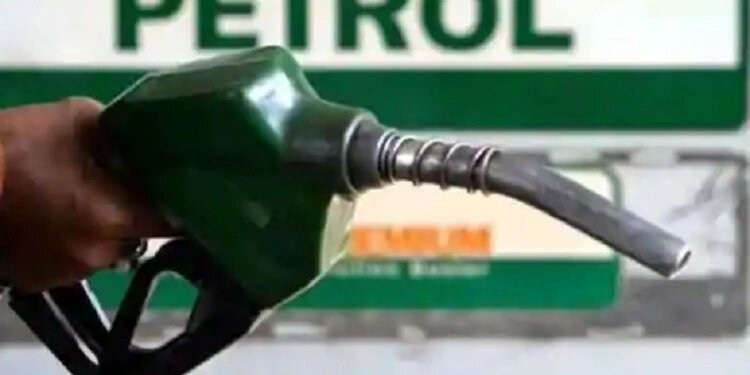Nigeria’s refusal to withdraw gasoline subsidies, according to the World Bank, will result in opportunity costs in the areas of health, education, and infrastructure.
Marco Hernandez, the World Bank’s Lead Economist for Nigeria, revealed this in an interview with newsmen on Monday.
This comes after the Federal Government authorized an increase of N442.72 billion in the budget amount for Premium Motor Spirit (PMS) subsidy for 2022, from N3.557 trillion to N4 trillion.

Hernandez noted that it is up to Nigeria to decide whether or not to remove fuel subsidies, claiming that all the World Bank can do is lay out the facts on the ground, enlighten, and ensure that there is a political agreement that is then adequately conveyed.
“What we see are the opportunities lost as a result of keeping petrol subsidies in place,” he said. “We know the fiscal burden, which is large and has been increasing, and we know the fiscal burden, which is large and has been increasing, and we know the fiscal burden, which is large and has been increasing, and we know the fiscal burden, which has
“As a result, there are key development expenditures that may assist boost growth, such as education, health, or social protection, as well as infrastructure, that are not taking place because Nigeria has decided to subsidize petrol.”
“What we put on the table right now are those opportunity costs, how our strategy could be played out so that there could real allocation of expenditure that promotes inclusive and sustainable growth.”




